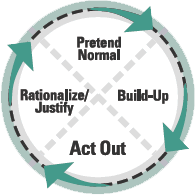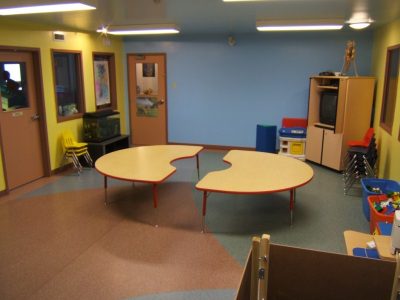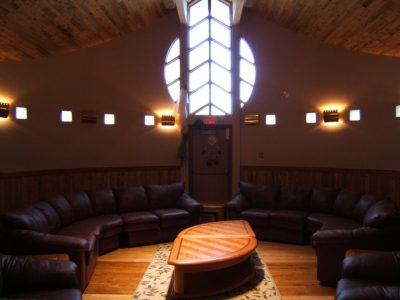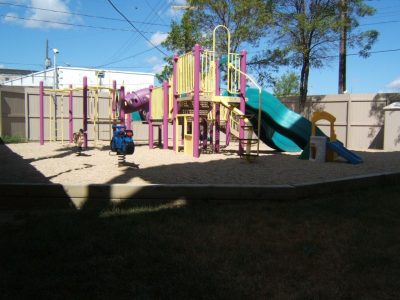Learn More

Resources
Ikwe Widdjiitiwin is a proud member of Manitoba Association of Women’s Shelters Inc.
- Willow Place Shelter
- Winnipeg City Police
- Ma Mawi Wi Chi Itata Centre
- Wahbung Abinoonjiiag
- Klinic Community Health Centre
- Sheltersafe


Photo Gallery
FAQ
What is the Admission Criteria?
How long can you stay?
- The stay in the Residential Program is dependent on the needs of the participant
- The stay in the Interim Housing units is up to 1 year maximum.
Do you have to share a bedroom?
How do you know if you’ve been/ are being abused?
Some reasons why women might stay in an abusive relationship:
- Financial:
- “He handles all the household finance…my name isn’t even on the chequing account.”
- “I haven’t worked in years because I have stayed home with the children. Where could I find a job that would give us enough money to survive on?”
- Fear:
- Abusers use threats to keep their victims in relationships.
- “He told me over and over that if I leave terrible things will happen.”
- “He said no matter where I go, he will find me and kill me.”
- Normal:
- “My father abused my mother and she never left him so I grew up believing it was a normal part of a relationship.”
Have I been abused?
How many of these things has your partner done to you?
- Ignored your feelings.
- Ridiculed or insulted women as a group.
- Ridiculed or insulted your most valued beliefs, your religion, race, heritage, or class.
- Withheld approval, appreciation, or affection as punishment.
- Continually criticized you, called you names, shouted at you.
- Humiliated you in private or public.
- Kept you from working, controlled the money, made all major decisions.
- Refused to work or share money.Taken car keys or money away from you.
- Regularly threatened to leave or told you to leave.
- Threatened to hurt you or a family member.
- Punished or deprived the children when angry at you.
- Threatened to kidnap the children if you left.
- Abused, tortured, or killed pets to hurt you.
- Harassed you about affairs he/she imagined you were having.
- Manipulated you with lies and contradictions.
- Destroyed furniture, punched holes in walls, broke appliances.
- Wielded a gun in a threatening way.
Other questions that may help a person decide if she is in an abusive relationship:
- Do you often doubt your own judgment or wonder if you are crazy?
- Are you often afraid of your partner?
- Do you express your opinion less and less freely?
- Have you developed fears of other people?
- Do you tend to see others less often?
- Do you ask your partner’s permission to spend money, take classes, or socialize with friends?
- Do you spend a lot of time watching for your partner’s bad and not-so-bad moods before bringing up a subject?
Do these statements fit you?
- I am frightened of my partner’s temper.
- I am often compliant because I am afraid to hurt my partner’s feelings.
- I am often afraid of my partner’s anger.
- I have the urge to rescue my partner because my partner is troubled.
- I have been hit, kicked, shoved, punched, bit, spit at or had things thrown at me by my partner when he/she was jealous or angry.
- I find myself apologizing to him/her or to others for his/her behaviour when he/she has treated me badly.
- I make decisions about activities and friends based on what my partner wants or how my partner will react.
- My partner drinks or uses drugs.
What is the cycle of abuse?
 Usually, abuse doesn’t occur continually, but rather in a cycle. Understanding the cycle of violence is the first step towards breaking it. The cycle of violence is made up of four phases:
Usually, abuse doesn’t occur continually, but rather in a cycle. Understanding the cycle of violence is the first step towards breaking it. The cycle of violence is made up of four phases:
- Build-Up: Some stress (e.g. job, money) causes the abuser to feel powerless. The abuser chooses to act out toward a spouse/partner through name calling, insults, accusations, etc. The victim tries to calm the abuser and anticipate his/her every need.
- Act Out: The tension that builds up leads to severe verbal abuse, violent physical or sexual attack. The motivation for any type of abuse is to hurt, humiliate or have power/control over an individual.
- Rationalize/Justify: The abuser uses defense mechanisms such as blaming others or minimizing violence. The abused partner begins to believe this interpretation.
- Pretend Normal: Both partners try to make the relationship continue in a normal way by pretending that everything is alright. However, the cycle of abuse will continue if the problems in the relationship are not addressed.
The cycle can cover a long or short period of time. Often, as the pattern continues, the violence increases. The assaults can also become more serious.
Often, a victim caught up in the cycle becomes isolated from family and friends. The victim may feel ashamed to see them, or is told by the abuser not to communicate with them. The abuser may also make it more difficult for the victim to communicate with family and friends. In this way, the victim becomes more dependent on the abuser, and has few or no other people to help.
Ikwe Widdjiitiwin can be a resource for abuse victims who are looking for help.
Do you have a cultural component in your programs?
Yes, Cultural Components include:
- Sharing Circles
- Ceremonies
- Elder participation
- Indigenous Craft Activities






